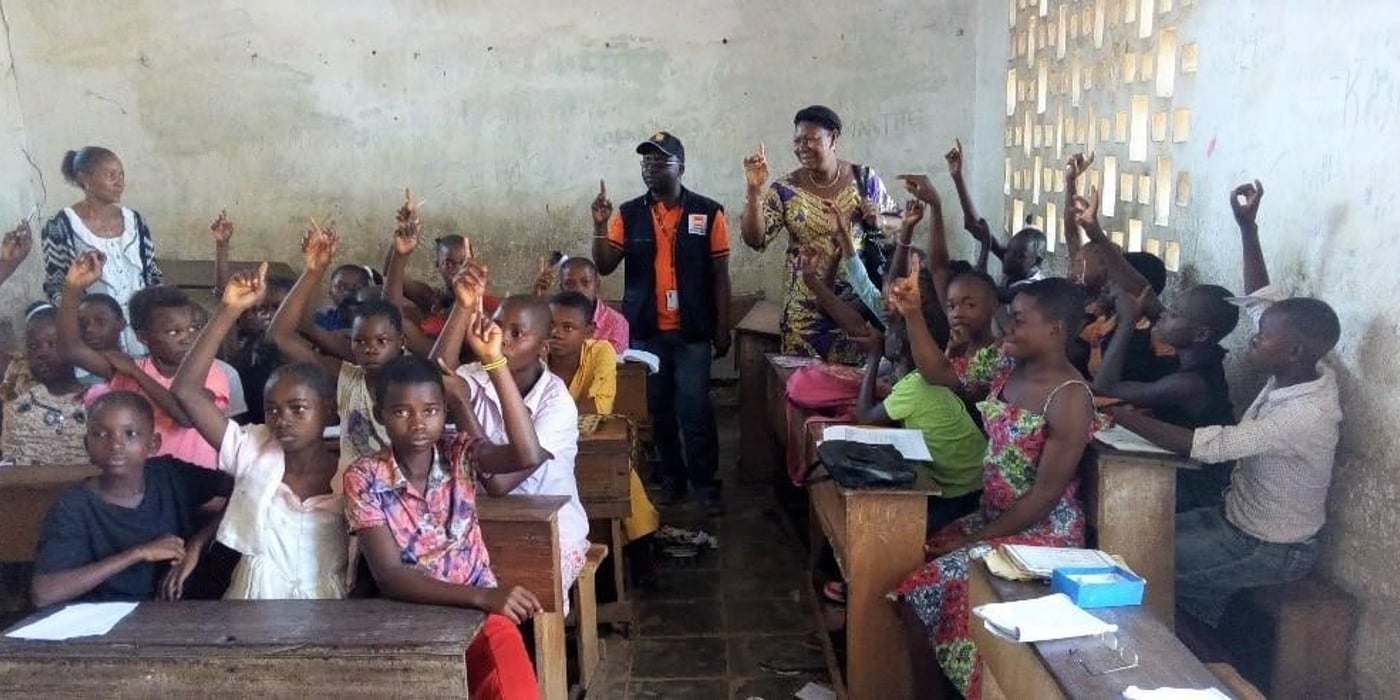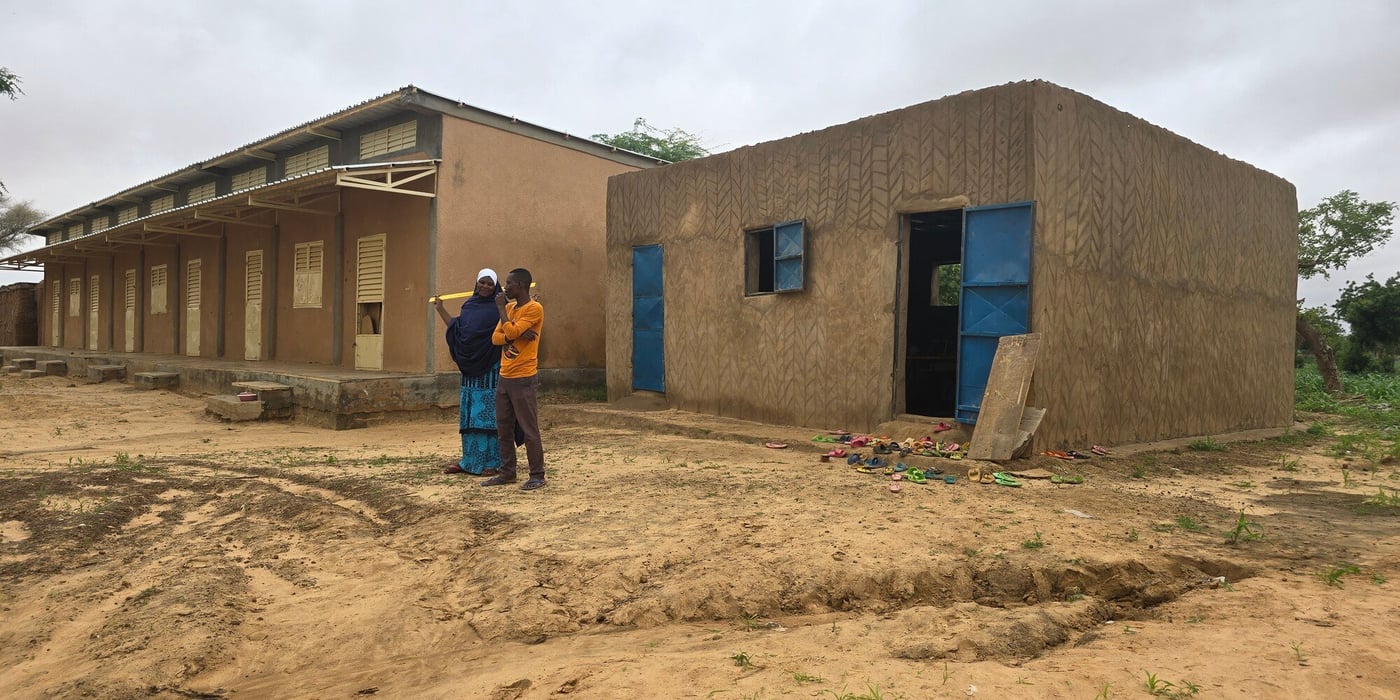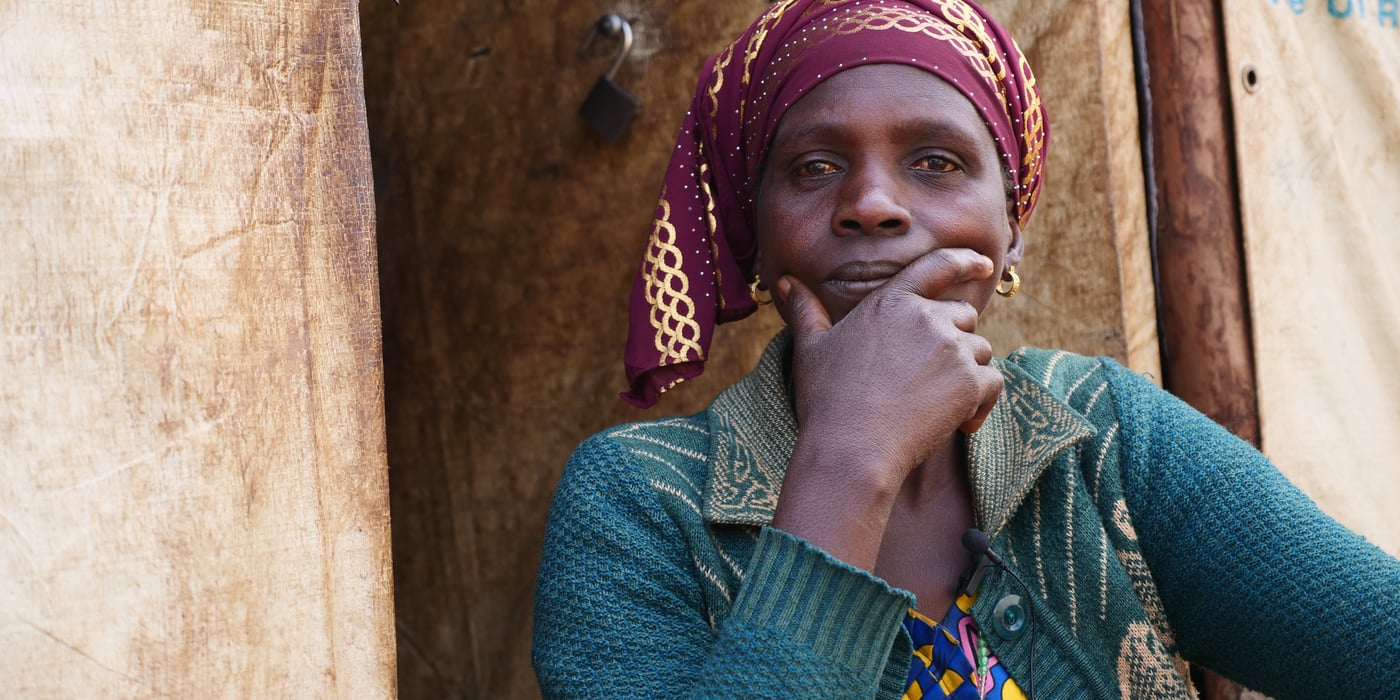
The education of more than 64.000 children is at risk as clashes of armed groups wreak havoc in the Kasai region of DR Congo. As a result, many children will not be able to continue their education the following school year.
“For the lucky ones whose schools remain open, are far too scared to risk going. They can’t sit their exams as a result,” says the Norwegian Refugee Council’s (NRC) Country Director in DR Congo, Ulrika Blom.
Struggle to pay school fees
The violence in the region has displaced 1.3 million people so far and almost half of those are children. Many are victims of indiscriminate violence, separated from their parents and recruited by armed groups.
While NRC estimates that 338 schools are abandoned due to fighting, some children are placed in schools that are still up and running in the area. But as displaced families struggle to pay school fees, many children risk being expelled.
In Nganza, a district in Kasai Central province’s capital Kananga, Disangayi Primary School is still open despite the violence. Here, many displaced children take extra classes to prepare for their exams.
Marie Jeanne, inspector and head of education in the region, addresses the teachers in the school, advocating for the inclusion of the displaced children. The province of Kasai Central is the area most affected by the crisis, where an estimated 630,000 people have been displaced since august 2016.
Dear teachers, do not expel the students because of lack of payment of the school fees. Let them resume their classes.Marie Jeanne, inspector and head of education in Kananga
Advocating for inclusion
“Dear teachers, do not expel the students because of lack of payment of the school fees. Let them resume their classes,” she pleads.
At Disangayi Primary School, students are waiting to take their exams that were initially scheduled for June, but are now postponed until July because of the violence.
We arrived in Kasaï Central province in May as one of the first international humanitarian organisations in the area. Together with Congolese education authorities, we assessed schools in Kananga, the capital of Kasai.
“The Kasai situation is tense and needs special attention in order to save lives. The speed and size of the response has so far not been enough and needs to expand and accelerate. Funding needs to be increased rapidly,” says Blom. “An assessment by NRC in Kasaï shows massive humanitarian needs in all areas including food, education, and shelter. We plan to expand the response rapidly, working closely with local communities.”



